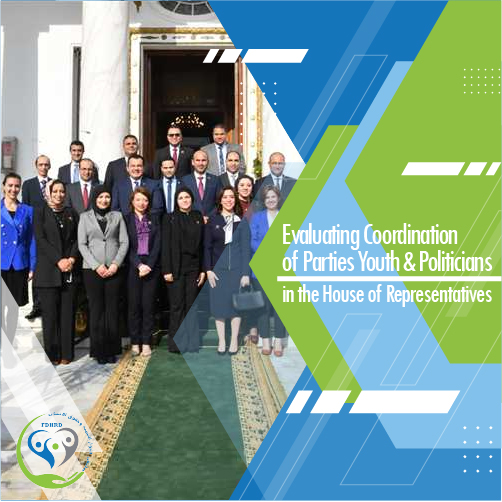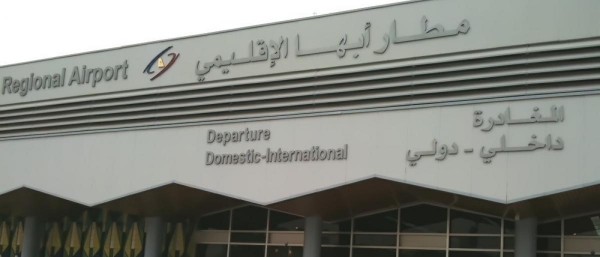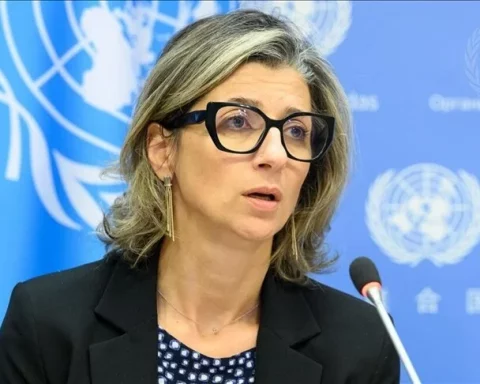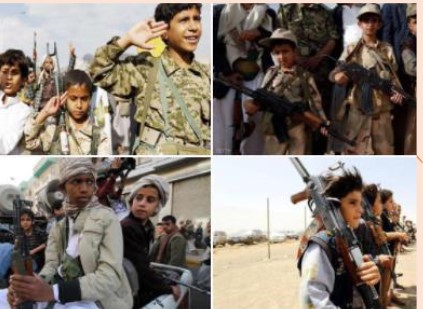Tuesday 16th March 2021
Press Release
The Forum for Development and Human Rights Dialogue issues a policy paper entitled “Evaluating the Performance of the Coordinating Body of Youth Parties Representatives in the Parliament”.
——————————————————————
On Tuesday, 16th March 2021, the Forum for Development and Human Rights Dialogue issued a policy paper entitled “Evaluating the Performance of the Coordinating Body of Youth Parties Representatives in the Parliament”. The paper draws attention on that the coordinating body of youth representatives of parties and politicians has been manifested in the political and parliamentary equation in a way which makes the review and reading of the performances of its members who are new in the parliamentary structure, in addition to the nature of the issues with which they were interacting, an important introduction through which a primary “image” of the future performance and capacities of the members of this body can be formed.
The paper concludes group of indicators and readings which help in understanding the performance and fairly evaluate them as follows:
– The Political Structure of Coordinating Body Parliamentarians: according to the principle of political and party loyalty of the coordinating body members who accessed seats in the parliament, we found out that the total competitive seats for them reached 32 seats all came through lists system or assignment. The seats were distributed among 9 political power on the top of which came the independents with 21 seats which indicates the success of the experience and its expansion in targeting and including more non-partisan members, it can be said that this experience has changed the orientations and aims of the body to upgrade with the partisan work and create an alternative activity of parties. On the other hand, the portion of political parties representatives were only 11 seats accessed by 8 political parties which are in the coordinating body among which three parties accessed 2 seats (Homat Watan, Al Tamooa, Al Mo’tamar), while the other seats for other parties reached only one seat for each party (Mostakbal Watan, Al Wafd, Edarat Geel, the Social Democratic, Modern Egypt).
Geographic Distribution of the Coordinating Body Parliamentarians: by analyzing the geographic distribution of the parliamentarians of the coordinating body, we find out that other than 4 parliamentarians who accessed their seats by assignment, the other parliamentarians have been distributed over 11 governorates by 40.74% from the total of Egyptian governorates: Cairo comes on the top with 7 parliamentarians followed by Al Sharqyia with 4 seats, Al Bihara and Qalubia with 3 seats for each governorate, then Giza, Al Daqahlia, Al Minia and Kafr El Sheikh with 2 seats for each of them and finally three governorates with one seat for each of them (Alexandria, Al Gharbia and Assuit).
Desire Distribution of the Coordinating Body Parliamentarians: the policy paper reveals that the desires of those parliamentarians have been distributed among 14 commissions, 4 commissions came on the top with 4 parliamentarians in each of them among which are (external relations – human rights – social solidarity – youth); the matter which reflects how much they are interested and concerned with such files and desire in contributing to re-orienting them and re-create their programs in relation to youth sectors, followed by the two commissions of education and local administration with 3 parliamentarians in each of them as a part of orientation interested in interacting with the new national vision regarding education or local administration, then the two commissions of defense and national security and culture and media with 2 parliamentarians in each of them and finally there are 6 commissions: the Arab commission, African commission, energy, man power, projects and communications with only one parliamentarian in each of them. On the other hand, the parliamentarians of the coordinating body were absolutely absent in 11 commissions: constitutional and legislative commission, plan and budget, economic commission, suggestions and complaints, industry, agriculture, religious commission, tourism, health, transportation and housing. This is a behavior which can be understood by the lack of institutional and organizational dimensions behind the choices and preferences of the parliamentarians and as everyone chooses according to his personal desires while this behavior is difficult to be accepted in bodies which have a progressive vision and desire in influencing the public sphere such as the coordinating body.
The Coordinating Body Parliamentarians and Office Bodies: the paper mentions that although the coordinating body has new experience in parliamentary work and that most of its parliamentarians are new member and parliamentarians, yet it showed an intelligence and skills in managing the relations between political powers inside the parliament, as the coordinating body won 10 seats distributed between agents (4) and secretaries (6) in addition to its presence in 9 commissions from which the human rights commission was the only commission which witnessed the winning of the coordinating body with 2 seats in it (an agent and a secretary).
Analyzing the sessions of government accountability:in regard to how much the coordinating body parliamentarians interact with the accountability sessions, the total number of interventions reached 66 interventions representing 5.4% of the total interventions in addition to 4 ministries with which the coordinating body parliamentarians did not interact in their dialogue sessions (the Ministry of International Cooperation, Ministry of Agriculture, the Ministry of Man Power, the Ministry of Oil). The intervention with the Ministry of Information came in the top with 8 interventions which were critical, refusing the policies provided by the minister, accusations of lack of vision and committing financial and administrative violations which require accountability, followed by the Ministry of Local Development with 7 interventions and then the Ministry of Housing with 5 interventions, the most of interventions had service demands and called for amending the agenda of executive work in addition to evaluating the current policies. These ratios are realistically suitable with the body’s parliamentary representation while these ratios are not acceptable comparing to their representation ratio in office bodies.
Analyzing the Performances of the Coordinating Body Parliamentarians: among 32 parliamentarians who represent the coordinating body inside the parliament, 27 parliamentarians participated in the interventions and evaluations of parliamentarians to evaluate the government with 84.4% of the total number of parliamentarians of the coordinating body and also 5.9% of the total speaking parliamentarians in front of the parliament. The number of interventions of these parliamentarians reached 66 interventions, the most prominent of which was that of the assigned parliamentarian Emad Khalil with 5 interventions, followed by 6 parliamentarians with 4 interventions for each one of them, 5 parliamentarians with 3 interventions for each one of them and then 5 parliamentarians with 2 interventions for each one of them, while 8 parliamentarians only has one intervention during the sessions of the ministries. On the other hand, there are 5 parliamentarians of the coordinating body did not intervene or interact during these session whether by their own personal will or because of the head of the parliament did not give them the floor. Despite their limited interventions, the parliamentarians of the coordinating body showed a high level of organization and role distribution which finally helped them to appear with strong and influencing image not only on appearance level but also on the level of effectiveness, presence, influencing, strong confrontations and performing a distinguished parliamentary role.








